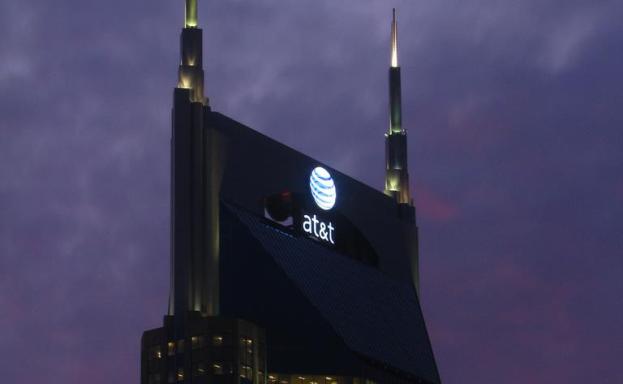
As mentioned on Bloomberg recently, the U.S. Department of Justice is pursuing a lawsuit against AT&T for collecting approximately $16 million from the United States government through reimbursements for a service offered for the deaf, but primarily being used by Internet scammers. For the last ten years, telecommunication companies have been required to provide an Internet-calling service that allows hearing impaired users to type messages through a computer and the message is relayed to the party on the other end of the phone line through an employee hired by the service provider. For calls that originate in the United States and that are made by hearing impaired users, the federal government reimburses a company like AT&T at a rate of $1.30 per minute.

In addition, the government claims that AT&T has been collecting the $1.30 per minute rate on these overseas calls from the scammers. The Justice Department estimates that up to 95 percent of the calls didn’t fit the criteria of originating in the United States or being from an actual hearing impaired person.
In order to reduce the number of scammers using the service fraudulently, the FCC created a new requirement during 2008 that forced telecoms to collect names and mailing addresses of hearing impaired users to verify registration with the service. According to the account from the Justice Department, AT&T attempted to obtain verification through postcards sent to existing registered users, but was only able to verify 20 percent of the entire registered user base by September 2009.
Faced with the possibility that revenue collected from the federal government would drop drastically, AT&T management looked for another way to verify users under the guidelines provided by the FCC. According to the Justice Department, AT&T senior technical director Burt Bossi stated “We are expecting a serious decline in traffic because fraud will go to zero (at least temporarily) and we haven’t registered nearly enough customers to pick up the slack,” to other managers within the company at the time.

While AT&T could have logged the originating IP address of any user registering with the service to at least eliminate a portion of the scammers by country location, the company argues that “AT&T has followed the FCC’s rules for providing IP Relay services for disabled customers and for seeking reimbursement for those services,” in a statement issued to Ars Technica. A company representative went on to state “As the FCC is aware, it is always possible for an individual to misuse IP Relay services, just as someone can misuse the postal system or an email account, but FCC rules require that we complete all calls by customers who identify themselves as disabled.”
The Justice Department is seeking triple damages from AT&T in regards to the collection of the $1.30 per minute fee for the fraudulent calls, basically returning the original $16 million to the American taxpayer plus an additional $32 million as punishment for exploiting the system meant to assist the hearing impaired. U.S. Attorney David J. Hickton stated “Taxpayers must not bear the cost of abuses of the Telecommunications Relay system. Those who misuse funds intended to benefit the hearing- and speech-impaired must be held accountable.”
